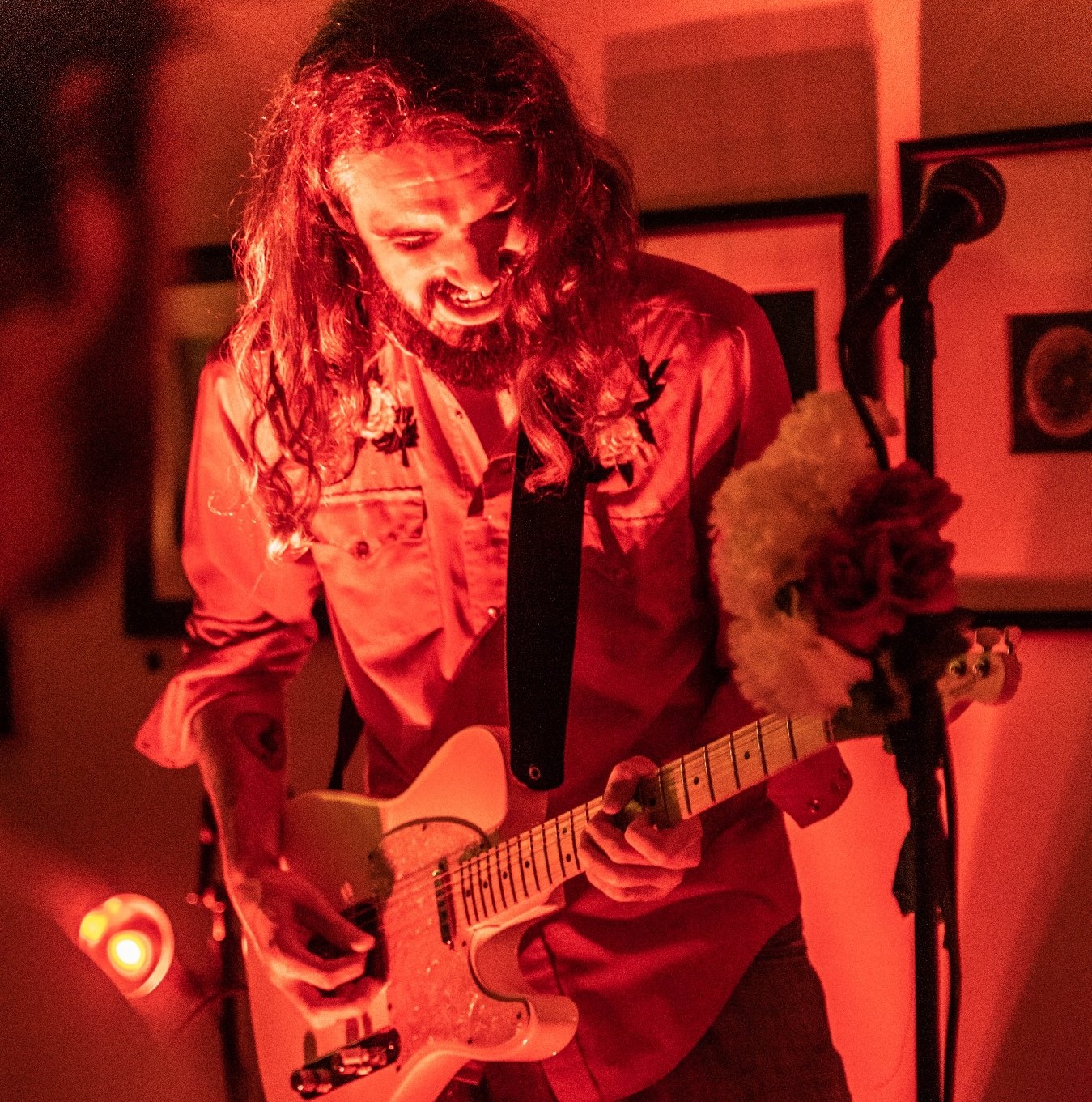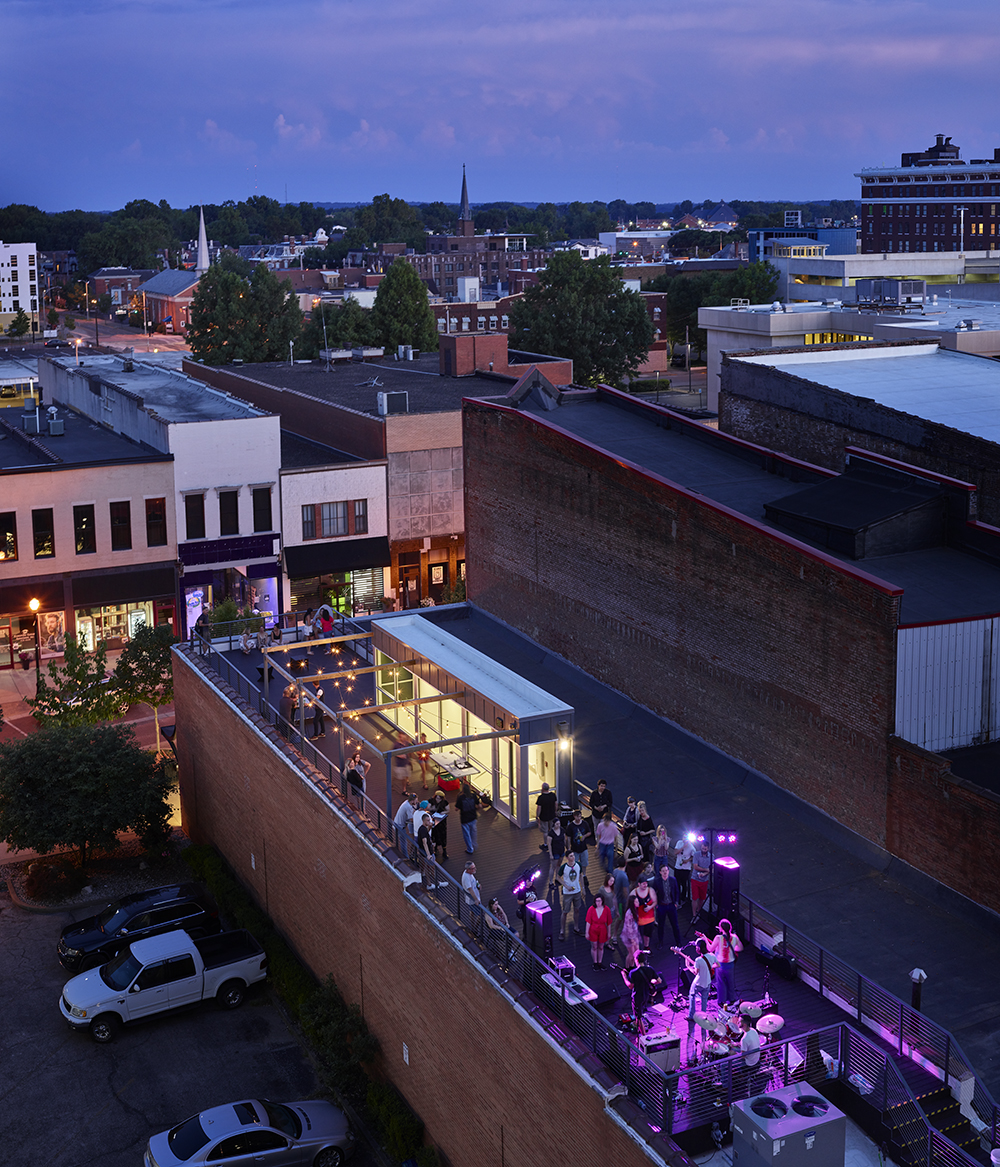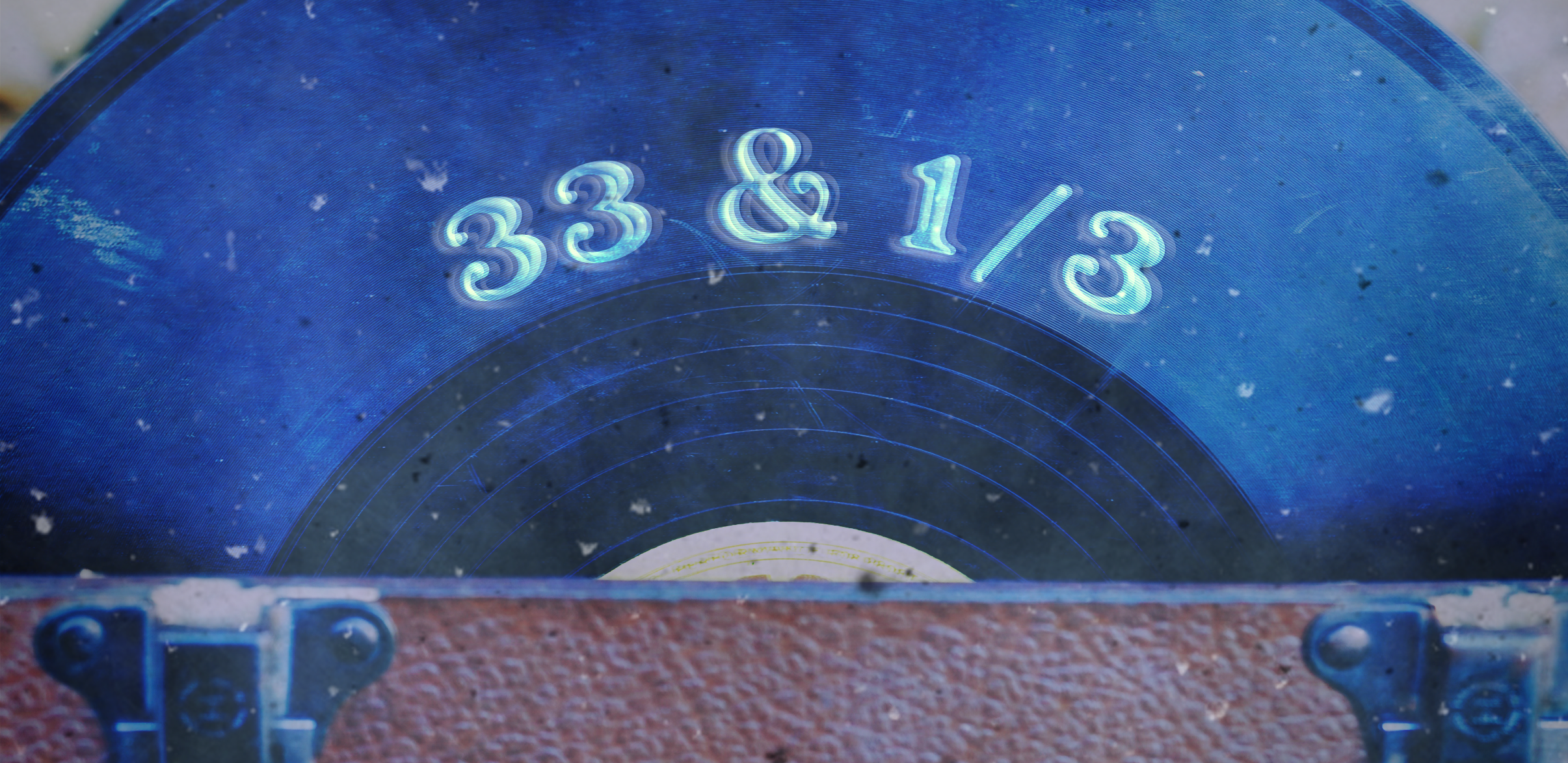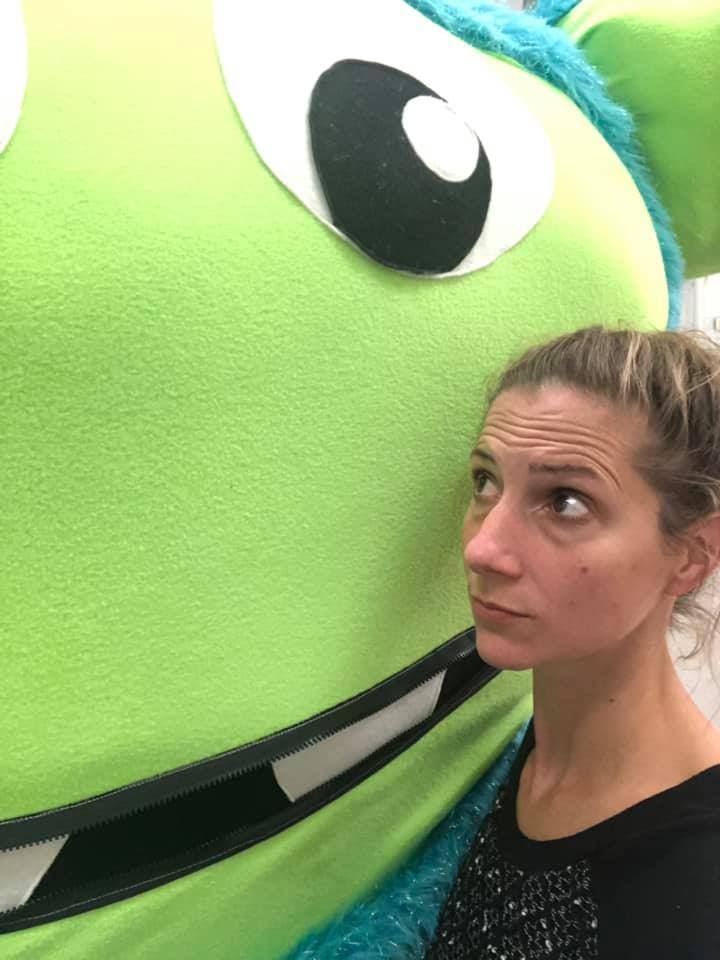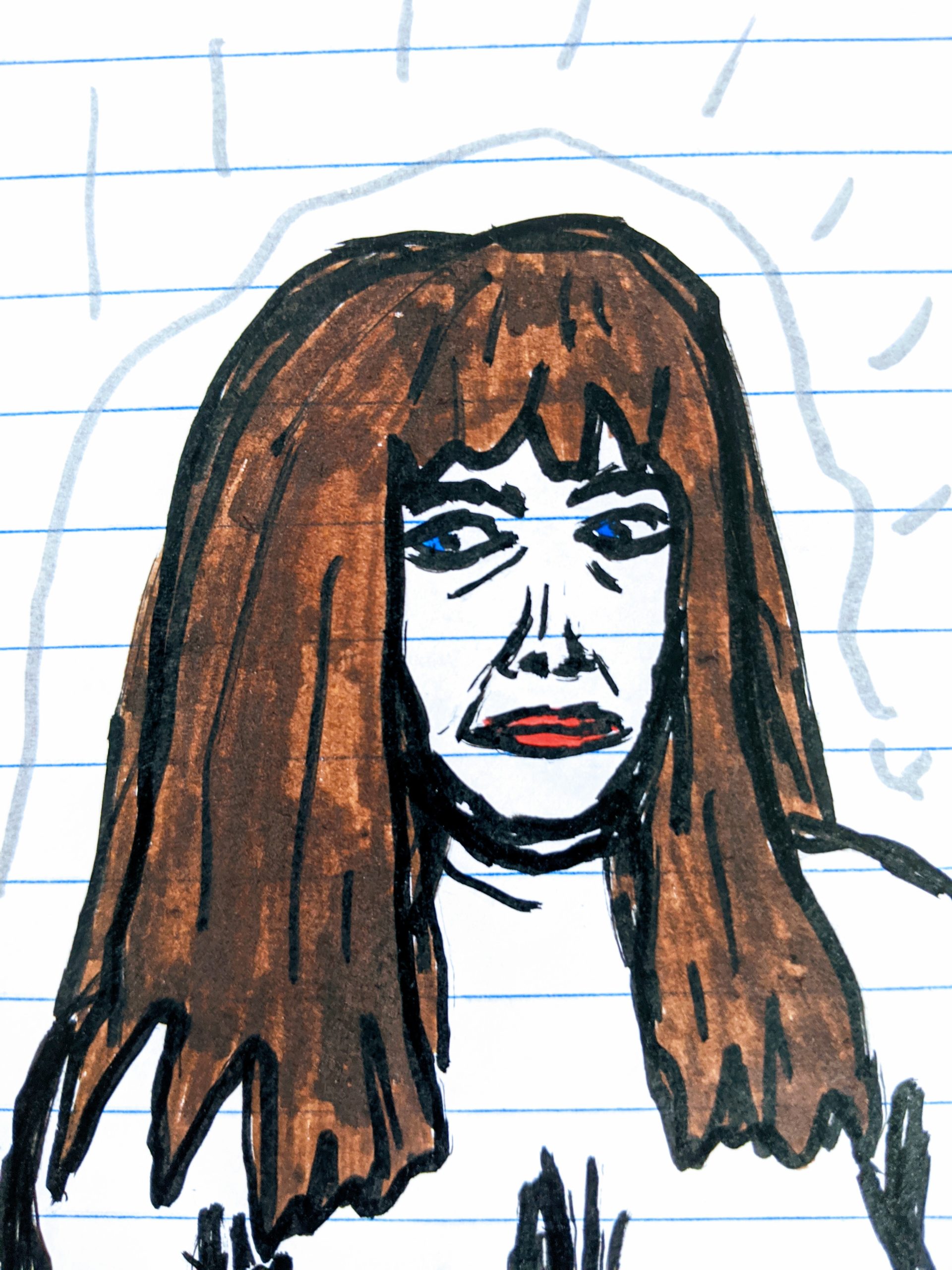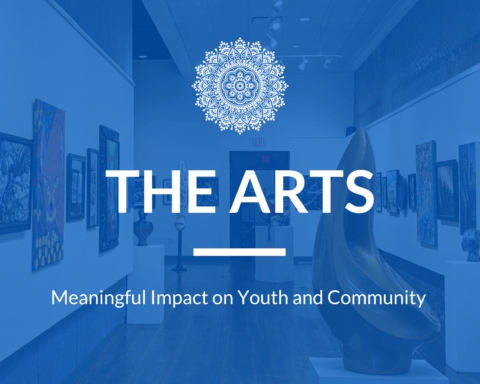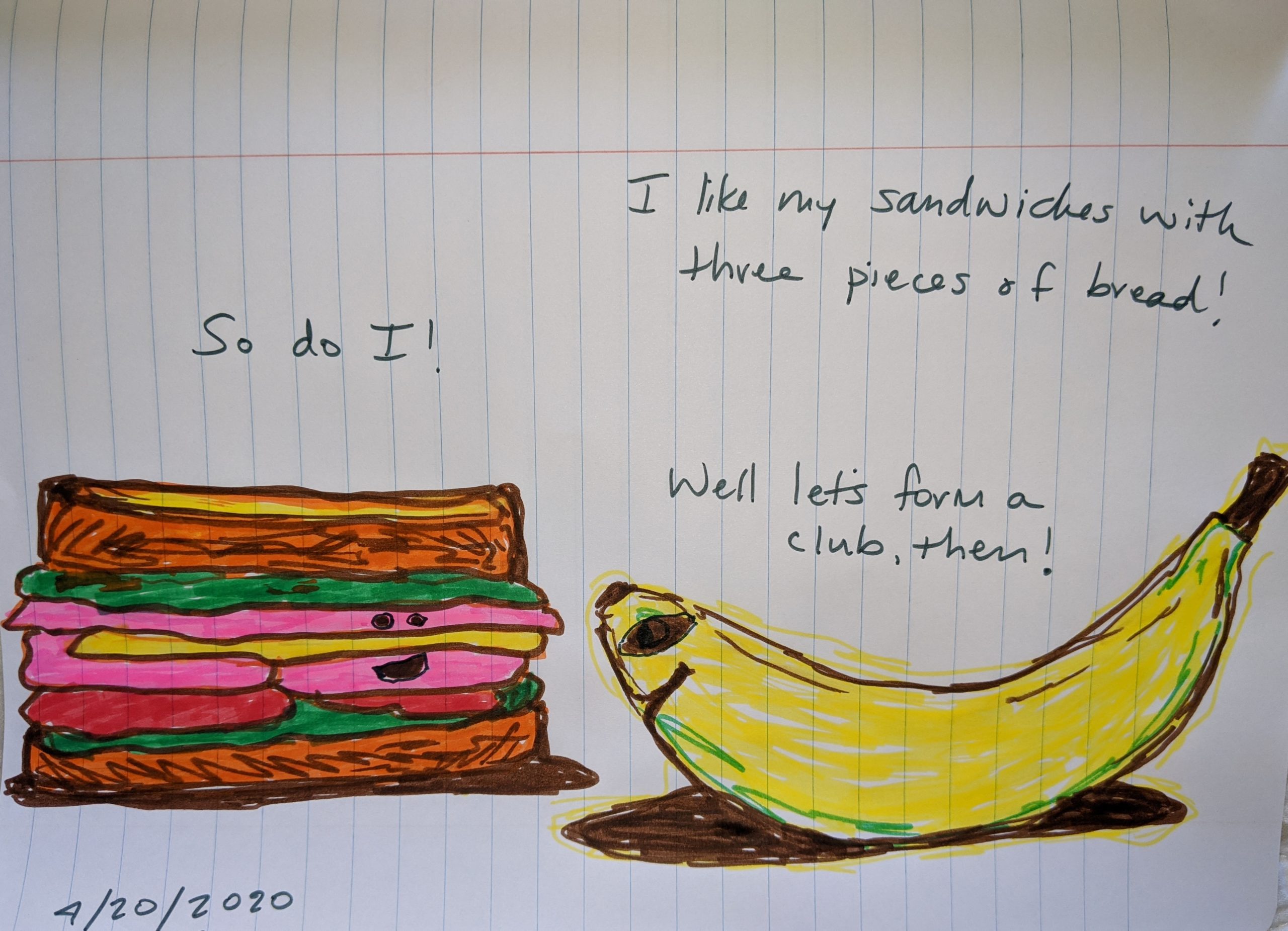
Introducing a new ARTSWIN column: 33 & 1/3Do people still celebrate 50th birthdays with “over the hill” parties? That’s pretty bleak for a celebration, right? “Hey, you made it to 50, but too bad it’s all down hill and rubbish from here. Death’s specter lingers over you at all times. Enjoy your cake!”
It’s all in good fun, I know, but turning 50 doesn’t have to mean the turn towards the end of life. For the Arts Council, turning 50 this year is the beginning of a new era. Fifty years is quite the milestone, especially for this arts organization.
The Arts Council planned to celebrate its 50th anniversary all year. But, alas, its “over the hill” year of partying and celebrating the arts was impacted, like everything else, by COVID-19.

So, we converted our programming, outreach and art experiences to all digital. Part of that includes the Arts Council staff developing their own weekly columns/blogs/posts. With mine, I decided to keep with the 1970 theme.
Do you know how many good albums came out in 1970? The Beatles final album, the beginning of metal with Black Sabbath, The Grateful Dead’s dip into Americana — it’s absurd how many important, interesting albums came out that year. I wanted to write about all those albums to coincide with our anniversary.
So, I will write about one 1970 album and one song from another 1970 album every week. The column is called 33 & 1/3, a reference to the speed of an album rotating on a turntable. It’s also a George Harrison album. Think of it like the 33 is the album and that little extra 1/3 I will write about is the other song. I have albums and songs lined up from several genres and styles from artists like The Velvet Underground, Miles Davis, Kris Kristofferson, The Kinks, Aretha Franklin and more.
This week’s album is “Morrison Hotel” by The Doors and the single is “Isolation” by John Lennon.
“This is the strangest life I’ve ever know.”

The Doors
Released: Feb. 9, 1970
Stand-out tracks: Waiting for the Sun, Peace Frog, Land Ho!
I was obsessed with The Doors in high school. I read “No One Here Gets Out Alive” and “Riders on the Storm” twice over each. I poured over albums, watched the Oliver Stone movie with friends, read special guitar magazine features and learned how to play dozens of songs. The Doors aren’t my favorite band from that era anymore, but I still appreciate what they offer: psychedelic exploration, unique rhythms, bizarre organ, slinky guitar, jazzy sensibilities and mysterious lyrics (which might actually not mean anything). I’m not sure “Morrison Hotel” is even in my top 3 studio albums by The Doors, but it is the only Doors album that came out in 1970.
“The future’s uncertain and the end is always near.”
Albums aren’t always about the final product itself — the quality of the production or the songs. Sometimes the circumstances and motivation around the album are what make it fascinating. Sometimes it’s both, like Fleetwood Mac’s “Rumours” (see “High Fidelity” on Hulu). Great behind the scenes drama and brilliant songs.
In the case of “Morrison Hotel,” the circumstances of its creation were interesting. The record came right after Jim Morrison, and by proxy the rest of The Doors, were blacklisted after Morrison — allegedly — whipped little Jim out on stage in Miami in March 1969. Concerts were canceled. Money was lost. Then, after gaining some steam again in 1969, they released “The Soft Parade.” It features some of my favorite Doors songs (“The Soft Parade” and “Touch Me”), but the album overall doesn’t fit the normal Doors sonic aesthetic — the bright brassy sounds, dynamic string movements and densely packed arrangements just doesn’t really work. It fell flat with critics and fans, and they spent a lot of cash on it, which after being blacklisted from radio and concerts, isn’t a great position to be in.
So, enter “Morrison Hotel.” Shaking off bad PR, the band embraces the fundamental of rock: the blues.
Immediately, you’re introduced to this by the album’s opener “Roadhouse Blues,” with an angry blues guitar riff, jangly piano, blues harp, and barroom vocals. The song wasn’t even a single, but it’s one of the few remaining Doors songs on classic rock radio, and you’ve heard some bar band play it some time in your life, I guarantee it.
The album meanders a bit in terms of quality, and two of my favorite songs weren’t even recorded in the same year as the others (“Waiting for the Sun” in 1968 and “Indian Summer” in 1966), but the album is still fun and lively.
“Peace Frog” is a standout track. Evocative lyrics that straddle real world references (“Blood in the streets in the town of Chicago” as a reference to the riots at the 1968 Democratic Convention) and autobiographical moments of Morrison’s life, like his 1967 arrest in New Haven, Connecticut and seeing a fatal car accident involving Native Americans when he was a child (“Indians scattered on dawn’s highway bleeding / Ghosts crowd the young child’s fragile eggshell mind”). Robby Krieger’s wah wah guitar and groove keeps the song moving. I also love how it bleeds seamlessly into “Blue Sunday.”
I find joy in the small moments of albums. On “Morrison Hotel,” the small moment for me is in the song “Land Ho!” I love Morrison’s whimsy when he shouts “Laaaaand Ho!” It’s the little things, you know?
Check out Lester Bangs’ original write-up of the album in Rolling Stone. It’s not exactly a glowing review.
“The world is just a little town”

John Lennon
On the album “John Lennon/Plastic Ono Band”
Released Dec. 11, 1970
As I said before, 1970 was packed full of great music and great music moments, but it was also filled with heartbreak. 1970 saw the death of Janis Joplin and Jim Morrison, and it was also the year The Beatles officially split up. The silver lining was the world was given at least one solo album from John, Paul, George and Ringo in 1970. That includes John Lennon’s debut solo album “John Lennon/Plastic Ono Band.”
In the age of social distancing, “Isolation” seemed like a fitting track to highlight off the album.
It’s a great show of what “John Lennon/Plastic Ono Band” offered: sparse arrangements centered around piano, simple drum rhythms and introspective lyrics. My favorite part of the song is around the 1’10” mark, when Lennon’s vocals double in the middle of a long, drawn out “isolation” and create that weird warbly vibrato effect.
It’s a great song for weird times. Check it out, then listen to the entire album and tell me what you thought about it.
Zach Evans is the Arts Council of Southwestern Indiana’s Community Director. When life returns to normal, you can find him performing around town with his band Corduroy Orbison.
Published: April 2, 2020.
